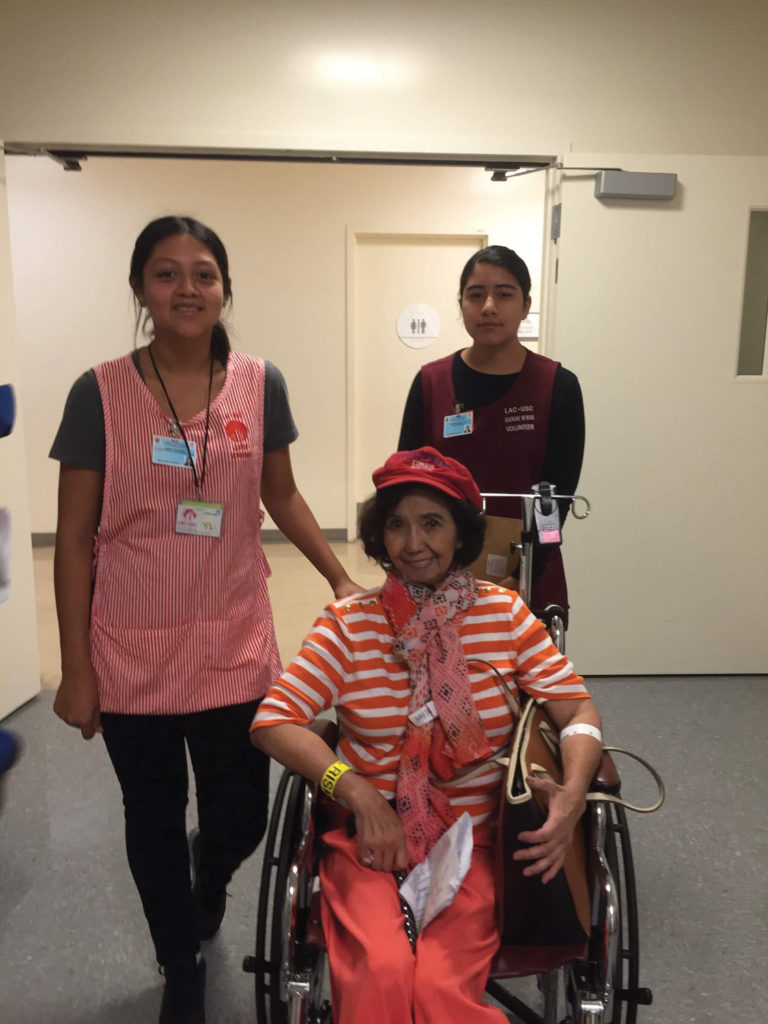
SHE can remember no raging against the night, no anger about what Yeats described, “a decrepit age that has tied to me… like a dogs tail.”
She just grew old, remembered her grief and happiness, as she watered her garden. She accused herself, forgave herself; learned new fragments of wisdom, then forget old fragments and abandoning certain angers; and unsummoned joys and sadness.
She gave away gold and precious stones, and continued to laugh on some days and to weep on others — unfolding the design of her identity, while practicing the songs she knew, deliciously off key. She grew very old as she watched generations increase, as well the passing of seasons and years.
But she did not die.
She called it the sickness pompous. The spell that hushed the household with desert-like stillness and felt through its innermost chambers one in a world unto herself, her own theater.
It is a severe fit of indisposition amounting to a deposition that made her a prisoner in pain and grief, for some time.
But the state of sickness is but a magnificent dream — to lie in bed, with the daylight curtains drawn to shut out the sun, in a total oblivion of all the works going under it, and become insensible of all the operations of life under it, except the beating of one’s feeble pulse and the agonizing wait for a phone or doorbell to ring (but it never did!).
No one ever lays down, without a feeling of disappointment.
Sickness enlarges dimensions of one, to herself, to become her own exclusive object. In the regal solitude of the sick bed, where caprices are without control over the catalogue of moans and strong armor of sickness wrapped in the callous hide of suffering, sympathy and correct compassion seem to be your only rise.
Then, as she backtracked, she recalled that morning sickness, knowing, it will be months again before she can see her toes.
Strapped down and delivered into in a place where pain winces off the walls, the doctor looks down like a foreman to a sweating laborer, forcing one life from another, something she signed for at that moment when she would have signed anything. “Give it up!,” says a bad wit. “Push!,” orders the nurse.
She’s crowning the doctor says, but there’s no one royal but this barefoot peasant, greeting a barefoot infant. In that puzzle of sickness how can anything so beautiful come from so much pain? Never again (till the next time around) and did FOUR!
But the heart will lead, and the head will explain, for the common pathway is the heart, whatever kingdom may come. And what matters finally is how the human spirit is spent — every morning is the day of joy — the morning to rejoice, for it is the beginning.
Yet to be sick is to enjoy monarchal prerogatives. From the bed of sickness, to the elbow chair of healing, to the scene of one’s regalities. Hushed are those mysterious sighs — those groans that are so much more awful, not knowing from what caverns of vast hidden suffering they preceded.
And as this flat swamp of healing notes reach her, requests, summons, deadlines, something hard, and/or the quibble relieves her. For it seemed to link her again to the petty business of life which she had lost sight of. A gentle call to activity, however trivial, awake once more from the preposterous dream of self-absorption and puffy stuff of sickness, in which she had stayed long and had spread over.
The conundrum of sickness that swells contemplation of one’s single suffering, is wasted to a span of giant self-importance of which she was so periled lately but had overcome.
Now, she is once again in her natural pretensions. The same old woman, a lean and meager figure of your insignificant columnist, writing occasional sentences that shimmer on its own, with freedom in expressing whatever narcissistic nonsense that would come within one’s kin: taking pleasure in the show or rapid movements of her pen. As she writes with her hand (because unlike Pavlova, she has no immediate use for a swan costume), she is ready to begin the end.
***
E-mail Mylah at moonlightingmdl@aol.com






